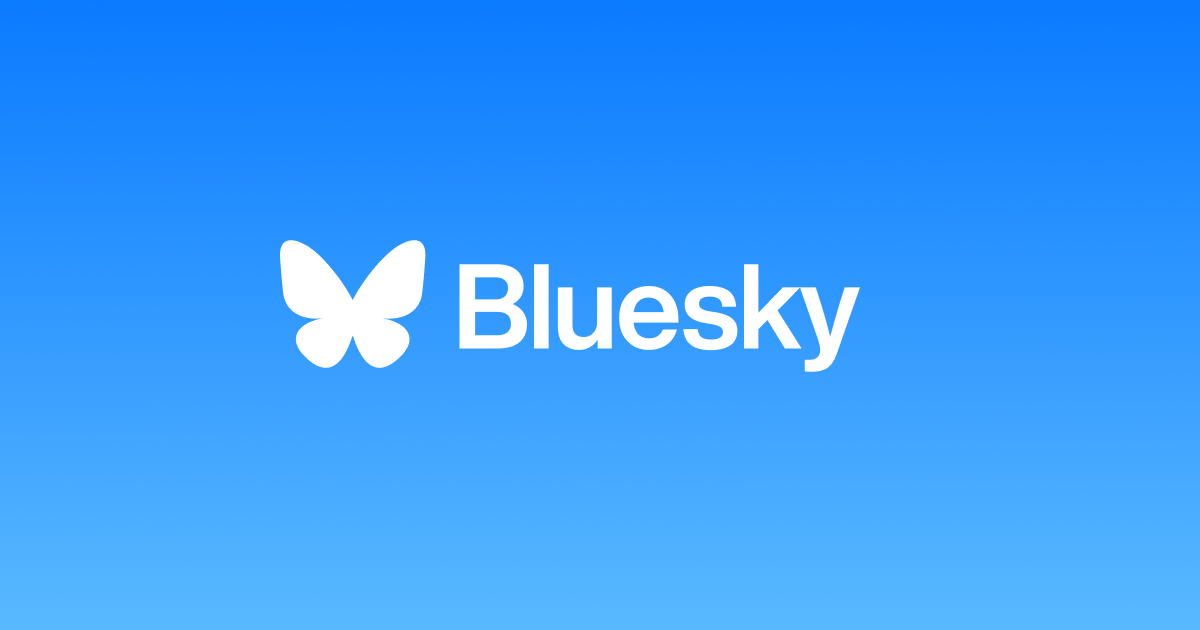Mr.LV
OG
Everything we know so far about Jack Dorsey’s brand new app
Twitter founder Jack Dorsey's Bluesky Social app is now accepting users for beta testing, and says it will launch soon.
Jack Dorsey's Bluesky Social app: What we know so far
PARIS, FRANCE - MAY 15: Chief executive officer of Twitter Inc. and Square Inc. Jack Dorsey arrives to attend the
Chief executive officer of Twitter Inc and Square Inc Jack Dorsey. Photo: Chesnot/Getty
Twitter founder Jack Dorsey's new Bluesky Social app is now accepting users for beta testing, and is set to launch "soon".
The highly anticipated social media project has been described as a rival to Twitter (TWTR) and is set to challenge existing social media platforms like Facebook (META), Instagram and Snapchat (SNAP).
On Tuesday, Bluesky announced the roadmap of its decentralised social network protocol, which will be the underlying code behind the app.
Importantly, it says user data will be free from governmental influence and controlled by users rather than commercialised by a corporation, a move which could revolutionise the personal data economy.
The app's code will allow user account data to be moved from platform to platform. Bluesky users will be able to use their account to log in to any social media account that adopts the new code. So a single account will give them access to all of their favorite social media.
Furthermore, the owners of those applications would not have control over Bluesky users' data.
In 2021 Dorsey said that blockchain was a way decentralised social networks could implement “open and durable hosting, governance, and even monetisation".
The crypto-sphere lit up with talk of a Twitter-backed decentralised social media platform, but on a closer look, the tech behind the new development will not sit on top of a blockchain.
On Thursday, Bluesky CEO Jay Graber tweeted: "I'm confident in our decision to not put social media content on a blockchain."
She added: "It's blockchain optional and blockchain agnostic. I personally wouldn't build a system that backs up your posts on-chain."
The development team described the app as a “protocol for large-scale distributed social applications that will allow for account portability, algorithmic choice, interoperability and performance".
Will Bluesky Social be a competitor to Twitter?
In May 2022, Twitter co-founder Dorsey stepped down as CEO of the social media platform he co-founded in 2006.
Dorsey said Bluesky Social will be "a competitor to any company trying to own the underlying fundamentals for social media or the data of the people using it".
Dorsey said Twitter could also use the underlying structure of the protocol being designed. He added: “The goal is for Twitter to ultimately be a client of this standard".
Jack Dorsey Twitter communication
The development of the new protocol will be conducted in the spirit of transparency and decentralisation.
When Dorsey launched the project he said: “The work must be done transparently in the open, not owned by any single private corporation, furthering the open and decentralised principles of the internet.”
The development team tweeted: "The AT Protocol is a new federated social network. It integrates ideas from the latest decentralised technologies into a simple, fast, and open network."
The new app could disrupt the world's multi-trillion-dollar data economy
If users are able to access social media platforms without handing over control of their data, this could have a big impact on the world's multi-trillion-dollar personal data economy.
In 2017 the World Economic Forum (WEF) valued the global data economy at $3tn (£2.65tn). A July 2022 policy report from Cambridge University found that data-driven firms based in the US alone were worth over $5tn.
According to the WEF, 2.5 quintillion bytes of data are produced every day, and 90% of all data that has ever been produced was created in the last two years.
The Bluesky move comes at a time of escalating conflict between the value of data and individual privacy and consent.

